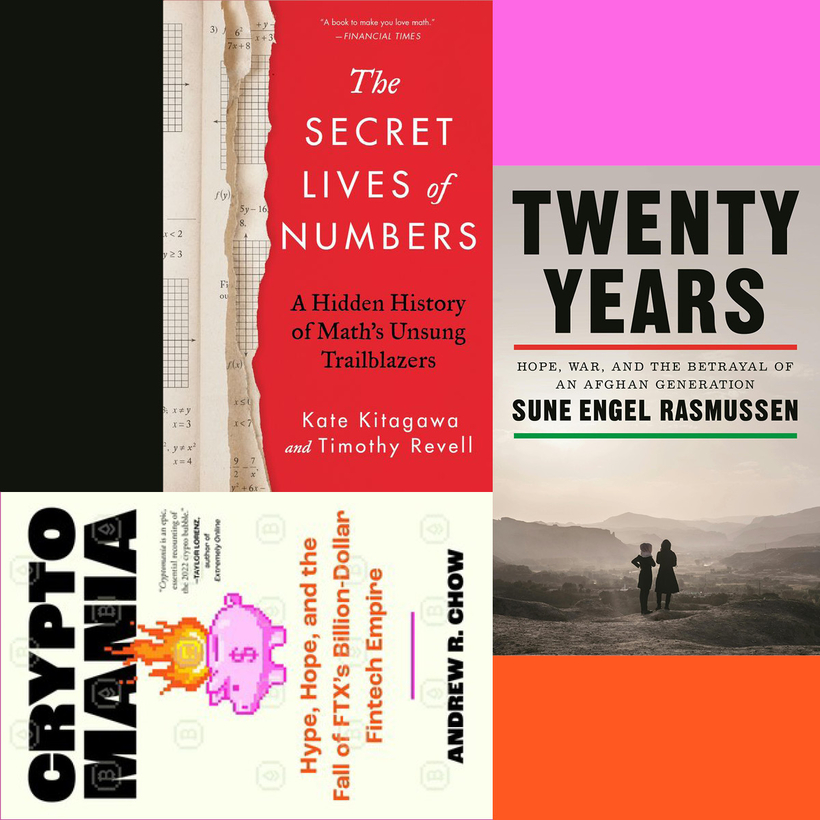Even if you got a D in high-school calculus, you will be enthralled by how the authors manage to spin the history of mathematics into a tale of unsung pioneers whose contributions have been downplayed or overlooked over the centuries. From the Babylonian era to now, they explain not only how, say, the concept of numbers evolved but uncover those who contributed in striking ways to the creative and often chaotic development of math that knows no boundaries of race, gender, or nationality. And speaking of calculus, yes, in the 17th century Isaac Newton and Gottfried Leibniz played major roles in developing the theory of how things change over time, but in the 14th century a brilliant mathematician in the Indian region of Kerala named Mādhava developed the basic tools that made calculus possible. Think mathematics is a dry or impenetrable subject? Reading this book will blow your theorem out of the sky.
There have been countless books on the impact of 9/11 across the world, but few deal with its effects on the Afghan people themselves. Sune Engel Rasmussen, who currently works for The Wall Street Journal, immersed himself in the country and its people, and in prose both sympathetic and harrowing details what life with and without the Taliban has been like, from inside the “Kabubble,” the American-run section of Kabul, to the smuggling routes that crisscross the country. (The book’s title refers to the time span between the overthrow of the Taliban and its return 20 years later in 2021.) Did the U.S. and its allies bring wealth and opportunity to Afghans, or did they unwittingly lay the groundwork for the Taliban’s return? Both statements, as Rasmussen brilliantly shows, can be true.
Oh, no, not another book about Sam Bankman-Fried, the hobbit of FTX and architect behind one of the biggest frauds in history. Full credit (and in dollars!), then, to Andrew R. Chow, who successfully manages to frame the FTX meltdown into a larger portrait of Bitcoin’s history as both a utopian vision and a seedy casino where hucksters could thrive. Cryptomania does engaging justice to the wacky characters and the allure of crypto, and offers sober predictions of what the future holds for a currency that most folks do not understand but that is not going away. If you are going to read one book about FTX, this is the one.
Jim Kelly is the Books Editor at AIR MAIL

